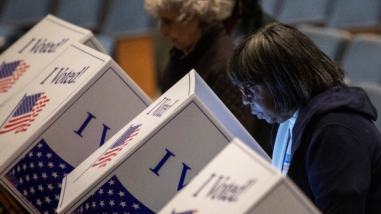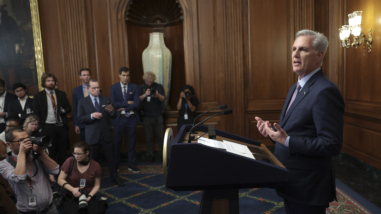Massachusetts Institute of Technology
For The EdX Project
-
Amount$300,000
-
Program
-
Date Awarded11/26/2012
-
Term12 Months
-
Type of SupportProject
Strategies
About the Grantee
Grantee Website
www.mit.edu



